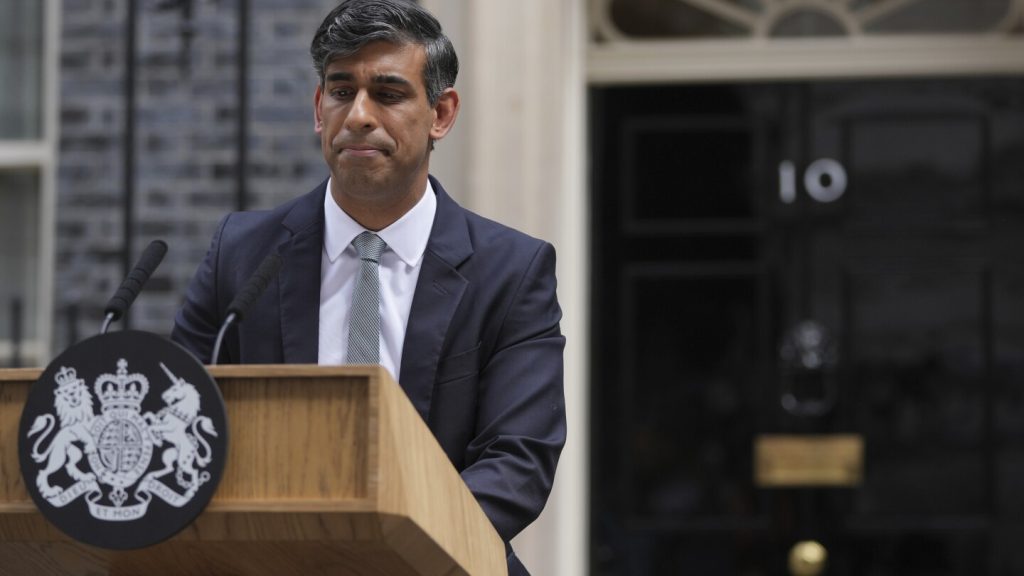Four Greenpeace activists have been cleared of criminal charges after being arrested for scaling the country estate of former U.K. Prime Minister Rishi Sunak and draping it in black fabric to protest his plan to expand oil and gas drilling in the North Sea. The judge threw out the charges, citing the evidence as too “tenuous” to convict them of criminal damage. The activists expressed relief at the verdict and called for an end to the harsh treatment of peaceful protesters.
Despite this victory, other environmental protesters in the U.K. have faced convictions and stiff prison sentences. Five activists who caused major gridlock by blocking traffic on a major London highway in November 2022 were sentenced to as much as five years in prison in July. This highlights the ongoing challenges faced by those advocating for climate action through civil disobedience.
The trial against the four Greenpeace activists was halted in July after their defense lawyer argued that prosecutors failed to prove that the protesters caused damage to Sunak’s roof during the protest. The activists had cloaked the house in black sheets and displayed a banner criticizing Sunak’s decision to grant new oil and gas licenses in the North Sea. The move was widely criticized for contradicting the government’s pledge to eliminate net carbon emissions by 2050.
The protesters’ actions were motivated by the urgent need to transition away from fossil fuels in order to combat climate change. U.N. scientists and environmental groups have called on global leaders to accelerate this transition, as burning oil and gas releases large amounts of carbon dioxide, the main driver of global warming. The damage to Sunak’s roof, estimated at £3,000, was disputed during the trial, with the defense pointing out preexisting damage in areas untouched by the protesters.
The defense highlighted inconsistencies in the evidence presented, including the reliability of a roofer’s testimony that the broken tiles were recently damaged by the protesters. The judge acknowledged these concerns and announced that he would issue a full ruling on the case in November. The outcome of this trial is significant in the context of ongoing debates around climate activism and the treatment of protesters who engage in civil disobedience to raise awareness about environmental issues.
The Greenpeace activists’ successful defense in court reflects a broader trend of growing support for climate action and environmental protection. While challenges remain, including harsh sentences for some activists, this case serves as a reminder of the power of peaceful protest and the importance of holding governments and corporations accountable for their impact on the planet. Moving forward, advocates continue to push for stronger climate policies and a shift towards sustainable, renewable energy sources to safeguard the future of the planet.


